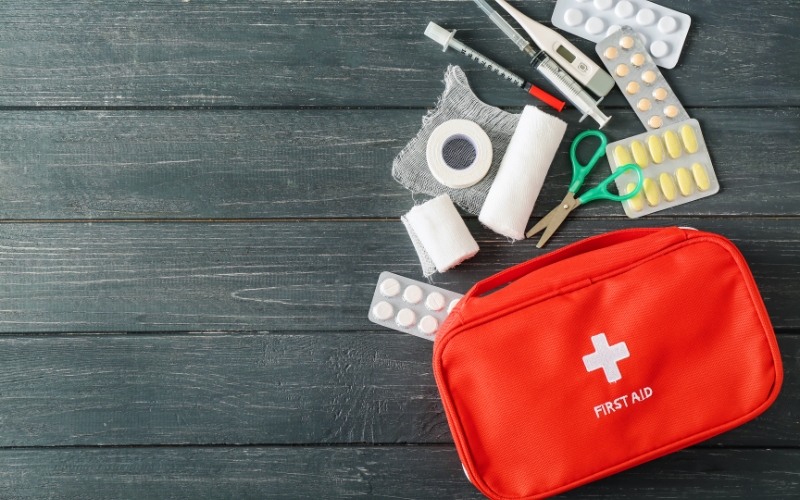
Experiencing dental pain during an emergency can be distressing. Whether it’s a toothache, broken tooth, or any other dental issue, finding relief is crucial until you can see a dentist. In this article, we will explore effective tips and remedies to manage dental pain during emergencies. By following these steps, you can alleviate discomfort and minimize the impact of dental emergencies on your oral health.
Identify the Source of Pain:
The first step in managing dental pain during an emergency is to identify the source of the pain. Is it a toothache, a broken tooth, or another dental issue? Understanding the cause will help you determine the appropriate course of action.
Rinse with Saltwater:
Saltwater rinses can provide temporary relief for dental pain. Mix half a teaspoon of salt in eight ounces of warm water and rinse your mouth thoroughly. This solution can help reduce inflammation and kill bacteria, providing a soothing effect.
Apply a Cold Compress:
If you’re experiencing swelling or inflammation, applying a cold compress to the affected area can help numb the pain. Wrap a few ice cubes in a thin cloth and hold it against your cheek or jaw for 15 minutes at a time. Remember to take breaks between applications.
Over-the-Counter Pain Relievers:
Over-the-counter pain relievers such as ibuprofen or acetaminophen can help manage dental pain temporarily. Follow the recommended dosage instructions and consult a healthcare professional if you have any underlying health conditions or concerns.
Clove Oil for Toothaches:
Clove oil contains natural anesthetic properties that can help alleviate toothache pain. Apply a small amount of clove oil to a cotton ball and gently place it on the affected tooth. Be careful not to swallow the oil and avoid using it in excessive amounts.
Dental Wax for Broken Teeth:
If you have a broken tooth with sharp edges causing discomfort, you can temporarily cover it with dental wax. Dental wax, available at most drugstores, provides a protective barrier and minimizes irritation.
Avoid Triggers:
During a dental emergency, it’s essential to avoid triggers that can worsen the pain. Steer clear of hot or cold foods and beverages, hard or sticky foods, and smoking. Opt for soft foods and lukewarm water to minimize discomfort.
Contact a Dentist:
While these tips can help manage dental pain during emergencies, it’s crucial to contact an emergency dentist as soon as possible. A dental professional will diagnose the underlying issue and provide appropriate treatment to address the cause of your pain.
FAQs:
Q1: Should I wait to see a dentist if the pain subsides?
A: No, even if the pain subsides, it’s essential to see a dentist as soon as possible. Dental pain can indicate underlying issues that require professional attention, and delaying treatment may lead to further complications.
Q2: Can I use numbing gels for dental pain?
A: Numbing gels can provide temporary relief for dental pain. However, it’s important to use them sparingly and as directed. Consult a dentist before using numbing gels, especially if you have any allergies or medical conditions.
Q3: How can I prevent dental emergencies?
A: While some emergencies are unforeseen, maintaining good oral hygiene, visiting your dentist regularly, wearing protective gear during sports activities, and avoiding chewing hard objects can help reduce the risk of dental emergencies.



